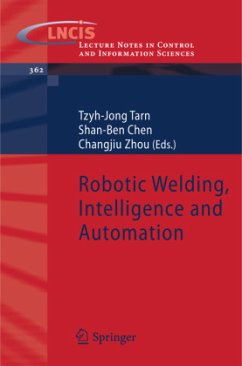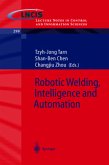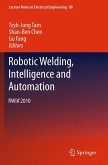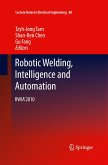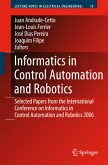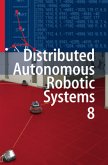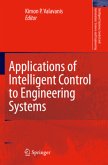Robotic welding systems have been used in different types of manufacturing. They can provide several benefits in welding applications. The most prominent advantages of robotic welding are precision and productivity. Another benefit is that labor costs can be reduced. Robotic welding also reduces risk by moving the human welder/operator away from hazardous fumes and molten metal close to the welding arc. The robotic welding system usually involves measuring and identifying the component to be welded, we- ing it in position, controlling the welding parameters and documenting the produced welds. However, traditional robotic welding systems rely heavily upon human interv- tion. It does not seem that the traditional robotic welding techniques by themselves can cope well with uncertainties in the welding surroundings and conditions, e. g. variation of weld pool dynamics, fluxion, solid, weld torch, and etc. On the other hand, the advent of intelligent techniques provides us with a powerful tool for solving demanding re- world problems with uncertain and unpredictable environments. Therefore, it is intere- ing to gather current trends and to provide a high quality forum for engineers and researchers working in the filed of intelligent techniques for robotic welding systems. This volume brings together a broad range of invited and contributed papers that describe recent progress in this field.

